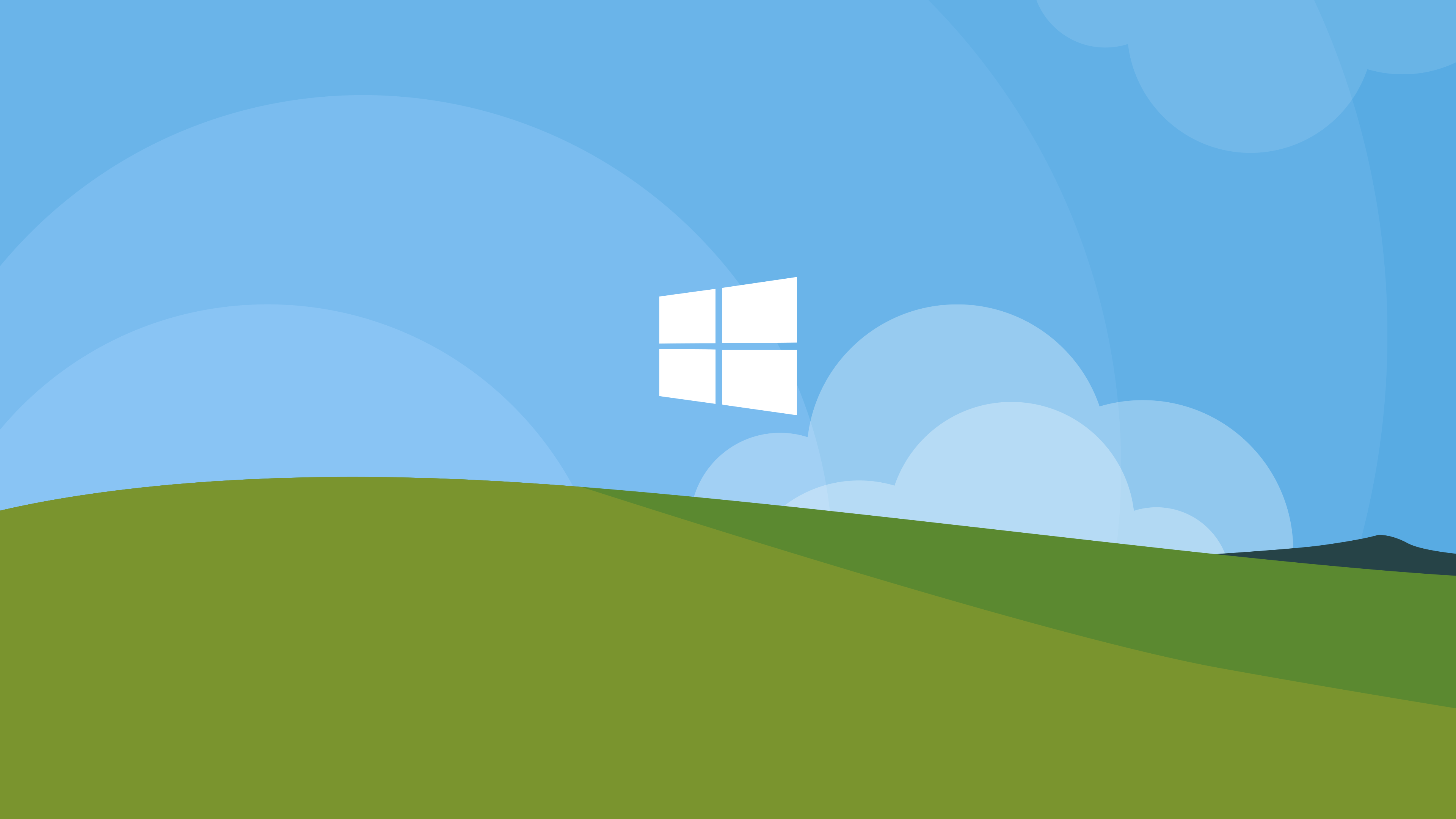What just happened? Two days after Microsoft announced the general availability of Windows 365, it generated so much interest that the company had to pause new trial signups until it can build more capacity to support the influx of potential paid customers. It's too early to call it a success, but the company says the response so far has been "significant."

Microsoft launched Windows 365 this month, a new service that essentially moves your PC to the cloud by virtue of Azure-hosted Windows 10 virtual machines. Pricing goes from $20 to $162 per month based on your individual needs, but there's something to be said about the convenience and security it brings to the modern hybrid workspace.
It's an idea that some entrepreneurs have tried to apply to the Chrome web browser, as many people can do the majority or all of their work from there. However, Microsoft's implementation seems to be generating a lot more demand -- so much so, that the company has reportedly run out of server capacity to support the high number of people who signed up for the two-month trial of Windows 365.
#Windows365 Cloud PC on the @surface Duo. Not too shabby pic.twitter.com/SciYQqS9NC
— Evan Mills (@EvanMillsMSFT) August 3, 2021
According to Scott Manchester, who presides over the Windows 365 Team, the company has had to temporarily pause signups until it manages to build additional capacity. That said, you can still sign up to be notified as soon as the trial becomes available, or straight up purchase access to the service if you're not willing to wait.

It looks like the old idea of turning your devices into dumb terminals that hook to a powerful mainframe is a lot more fashionable in 2021 than it was decades ago, when the likes of Oracle and IBM tried to push it to the masses.
With massive data centers, high speed connectivity, and most new productivity apps being essentially web apps in a container, the dumb terminal has a real chance of taking off in the form of the Cloud PC.